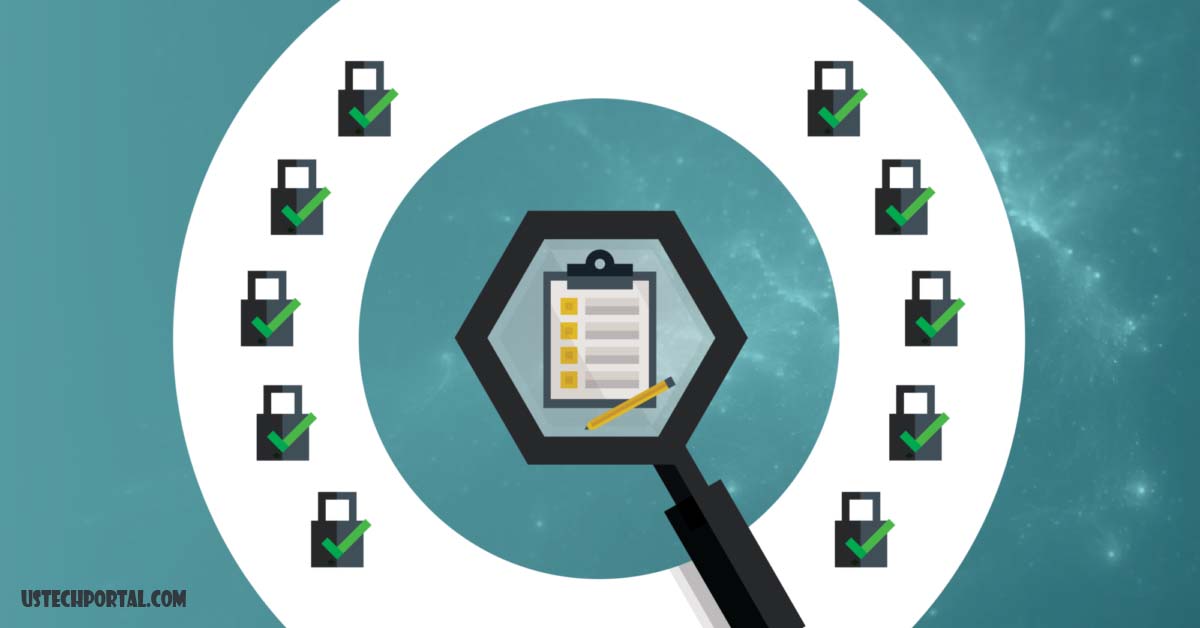You may have probably heard several business owners asking, “What can I do to improve data security.” However, suppose you are new to the world of the internet and data security. In that case, you might not clearly understand the importance of data security to businesses.
A Layman’s Guide To Data Security
Data security can be defined as a set of practices and processes designed to protect critical business information. This critical business information usually includes databases, files, accounts, and even networks.
Effective data security measures include the adoption of different sets of techniques, applications, and controls, which can identify the significance of various types of datasets. They also help businesses by applying appropriate security controls to protect their data.
A recent report shared by the Computer Weekly revealed that the ICO ( Information Commissioner’s Office) had to deal with more data breaches in 2020. The report also indicated that they had to issue a lot more fines in the same year.
It might come as a huge surprise to several readers when they learn that human error is the reason for the occurrence of nearly half of the information security breaches. This is mainly because several employees do not have a clear understanding of data security.
Effective Tips To Improve Data Security
Businesses need to make their employees and team members understand that employee records, financial records, and trade secrets must be protected. If they are compromised, then your business might suffer financial and reputational damages. Here is how you can improve the data security of your business.
Limit Data Access
Most companies make the grave mistake of giving several employees access to their sensitive business data. So, if you want to improve the data security of your business, then you can start by limiting the number of people who can access sensitive information or data.
Several company executives out there have no clear idea of how many employees have access to sensitive data. This is why organizations need to determine who needs access to sensitive information and why.
Focus on Protecting The Data
Do you know that several companies put greater focus on securing the walls around the sensitive data instead of protecting it? Several reports have identified that most organizations spent approximately 90 percent of their security budgets on firewall technology.
If you are one among them, you need to realize that several techniques are used to circumvent a firewall, and it may happen through employees, suppliers, and customers. As a result, businesses should make sure that their security efforts focus on sensitive data and not the perimeter.
Identify Sensitive Data
An important thing every business should do is to identify where their sensitive business information and other important data lie. This will enable businesses to allocate more resources to protect their crucial assets and sensitive data. However, you will not be able to do this if you still haven’t identified the sensitive data.
Sensitive business information or data usually accounts for just 5 to 10 percent of the total data in your organization. That said, your business could suffer huge financial losses if the sensitive business data ends up in the hands of a cybercriminal or hacker.
Always Be On The Lookout For Insider Threats
It is relatively easy for most businesses to identify outside threats because they are often represented on TV and news. This means that most businesses will be prepared for outsider threats. But, unfortunately, most businesses tend to forget that insider threats can cause severe damage to your business too.
This is mainly because insider threats and attacks are very hard to prevent and identify. For example, one of your employees may click an email attachment believing that it is from a reliable source, which results in the release of a ransomware worm. Businesses must understand that these types of threats are more costly and prevalent.
Use SSL Certificates
As the number of data breaches and cyber-security threats keeps increasing, businesses are looking for new and effective ways to ensure data security. SSL or Secured Socket Layer certification offers added security to both customers and business owners.
An SSL certificate can be defined as a set or series of data files, which can be installed on a website server. A virtual padlock will be automatically activated on your website after the installation of an SSL certificate.
SSL certificates are often used for protecting customers’ PII, such as online payment information and files when they are being transferred. SSL certificates make use of encryption for keeping user data secure, authenticating the identity of websites, and preventing hackers from gaining access to important business data. You can buy cheap yet premium SSL certs such as Comodo SSL certificate, RapidSSL, or AlphaSSL to secure your website from hackers.
Unique And Strong Passwords For Different Departments
All confidential and sensitive data within an organization has to be secured with strong passwords. It is important to use strong passwords to fight against the numerous password hacking tools available in the market.
Several businesses tend to use the same passwords across different departments. However, this is not a wise move, as cybercriminals and hackers will gain access to all departments if they crack just a single password.
You should also highly advise your employees and staff to use unique passwords for different programs. You can easily do this with the help of a password manager. It is also best to make use of two-factor authentication whenever possible.
Wrapping Up
The important and sensitive data in your organization can be easily protected through the security measures mentioned above. Businesses should also run regular security checks and back up data.
Regularly backing up data will help businesses bounce back even if they become victims of a data breach or unexpected cyberattack. In addition, pre-equipping your business with essential security tools and measures will help your business to prevent the chances of falling prey to data breaches and cyberattacks.






